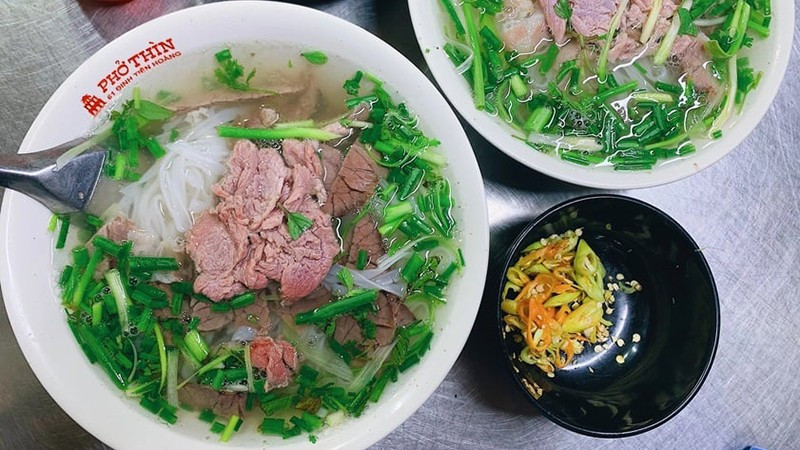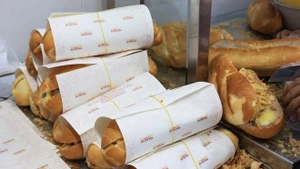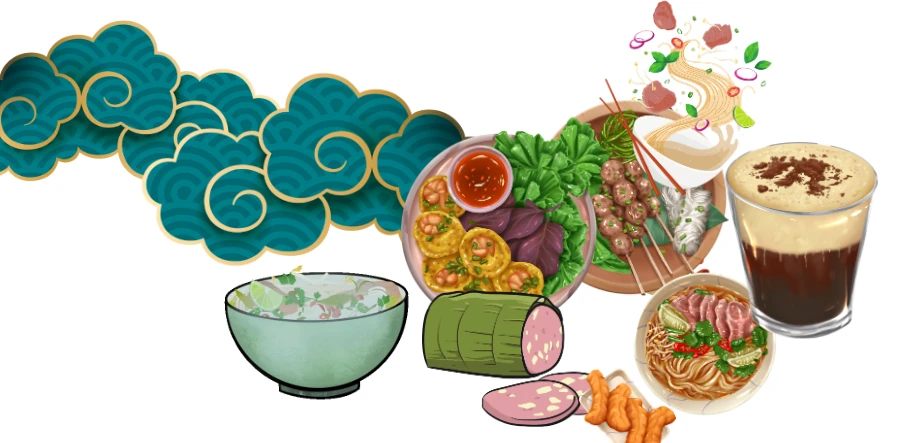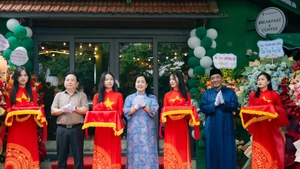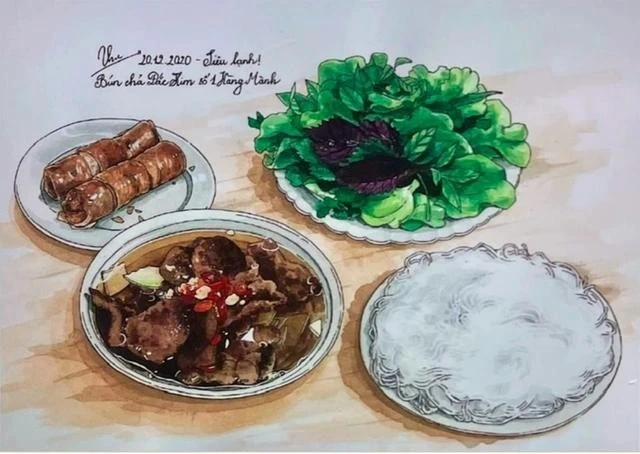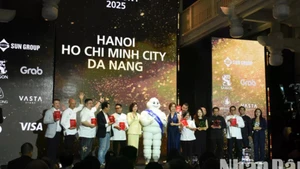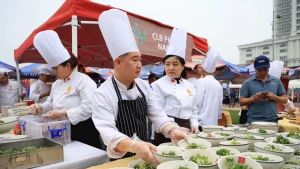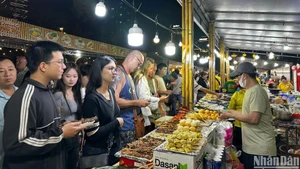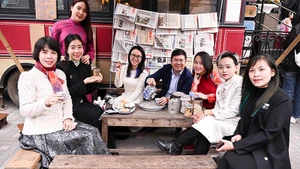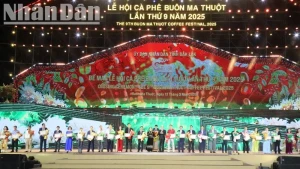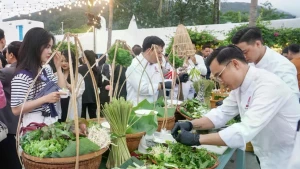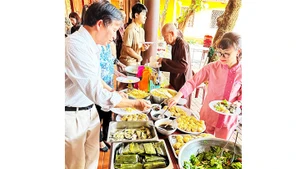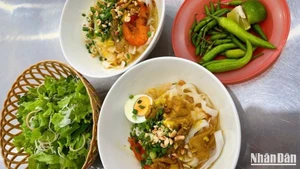The over-one-thousand-year-old city of Thang Long-Hanoi is famous for its rich culinary quintessence with various specialties such as Ly Quoc Su noodle, Thin noodle, West Lake snail noodle, Thanh Tri steamed rice rolls, La Vong grilled fish, and Uoc Le steamed pork paste.
Hanoi is also home to famous food streets such as Ta Hien, Ma May, Dong Xuan, Cau Go, Cam Chi, and Tong Duy Tan.
Director of the city Department of Culture and Sports Do Dinh Hoang said that although Hanoi has held many culinary contests, the city has yet to create considerable cultural benefits for development.
Initially, the capital city should design food streets and night streets in the Old Quarter and urban areas, as well as culinary spaces and a chain of restaurants around the West Lake, he said.
Meanwhile, Nguyen Xuan Quynh, General Secretary of the Vietnam Chefs’ Association, underlined the need for Hanoi to focus more on human resources development for the growth of the local culinary sector.
Associate Prof. Dr. Pham Quynh Phuong from the Vietnam National University-Hanoi asserted that with a rising trend of culinary tourism, culinary culture is likely to make greater contributions to the growth of other sectors as well as stronger interaction with other areas in the cultural industries.
Dr. Dang Phuong Anh from the University of Social Sciences and Humanities advised Hanoi to popularise the local cuisine in tourism by designing food tours and developing heritage culinary tourism to create a unique tourism product of the city.
